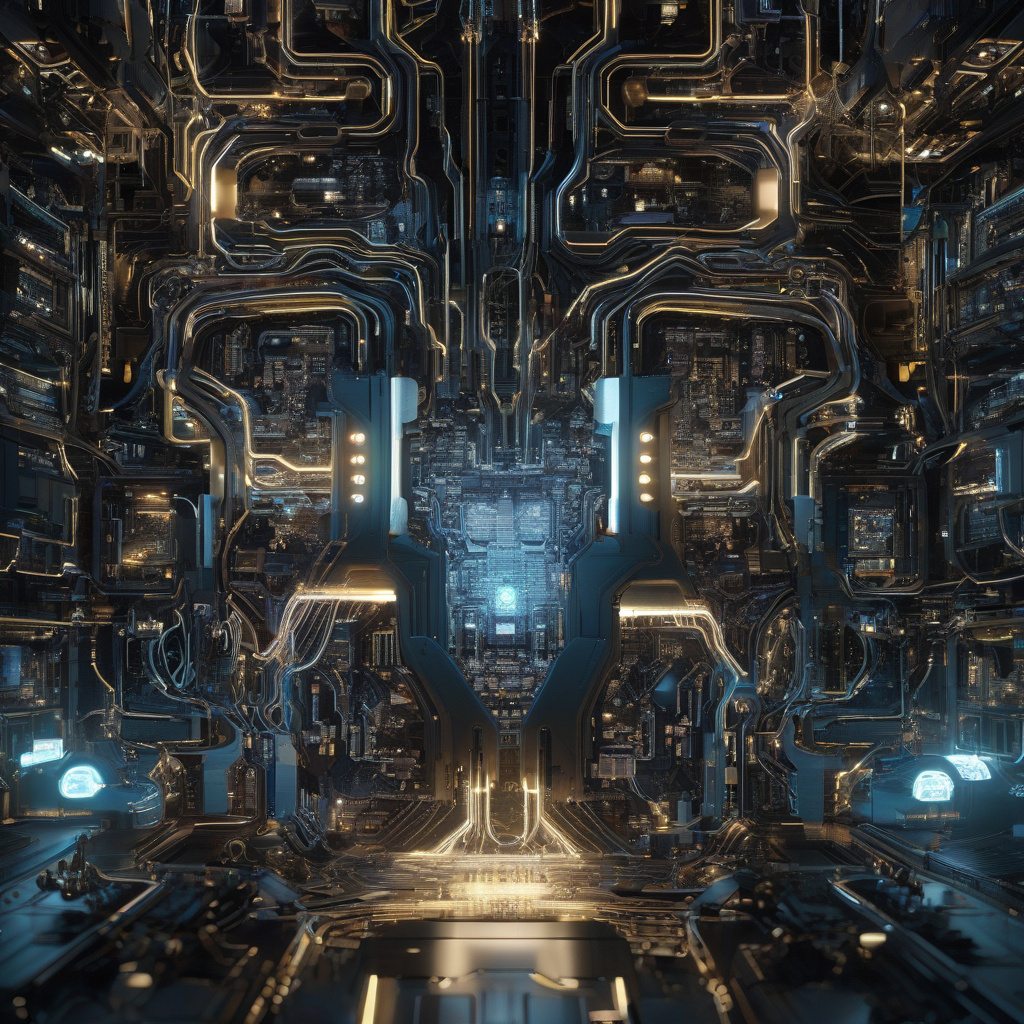In the rapidly evolving landscape of artificial intelligence (AI), the pursuit of achieving general intelligence has been a central focus for researchers and developers. The idea of creating AI systems that can mimic the broad spectrum of cognitive abilities possessed by the human brain has long been a goal that many in the field are working towards. However, as we delve deeper into the realm of AI development, it becomes increasingly apparent that the human brain, with its complexity and adaptability, remains a formidable benchmark for AI to reach.
While AI systems excel at specific tasks and have shown remarkable advancements in areas such as image recognition, natural language processing, and even playing complex games like chess and Go, they still fall short when it comes to exhibiting the breadth and depth of general intelligence that the human brain effortlessly demonstrates.
One crucial distinction between AI and the human brain lies in the concept of generalization. Human beings can apply their knowledge and skills across a wide range of tasks and adapt to new situations with relative ease. This ability to generalize learning from one domain to another is a hallmark of human intelligence, enabling us to navigate complex and unfamiliar scenarios effectively. In contrast, AI systems typically excel within the narrow confines of the tasks they are designed for and struggle to transfer knowledge to unrelated domains without extensive retraining.
Consider the example of a self-driving car AI. While it can navigate roads, recognize obstacles, and make driving decisions based on vast amounts of data, it lacks the intuitive understanding and adaptability that a human driver possesses. A human driver can apply their driving skills to various scenarios, such as navigating a busy city street or a winding mountain road, with little additional training. In contrast, an AI system designed for one type of driving environment would require significant reprogramming and data to perform adequately in a different setting.
This disparity between AI and human intelligence highlights the complexity and sophistication of the brain’s neural networks. The human brain can process vast amounts of information simultaneously, make split-second decisions, and learn from experiences in a way that current AI systems struggle to replicate. The brain’s ability to adapt, reason, and understand context is a testament to the general intelligence that has yet to be fully realized in AI.
As we continue to push the boundaries of AI research, the race for achieving general intelligence remains a compelling challenge. While AI systems have made significant strides in specialized tasks, the quest for developing AI that can match the cognitive capabilities of the human brain is ongoing. Researchers are exploring innovative approaches such as neural networks, deep learning, and reinforcement learning to enhance AI’s capacity for generalization and adaptability.
In conclusion, the comparison between AI and the human brain underscores the vast potential for advancement in artificial intelligence. While AI systems have demonstrated impressive capabilities in specific domains, they have not yet attained the level of general intelligence exhibited by the human brain. The pursuit of achieving general intelligence in AI represents a significant frontier in technology, with far-reaching implications for industries ranging from healthcare to cybersecurity. As researchers and developers continue to push the boundaries of AI innovation, the quest for creating AI systems that can match the cognitive prowess of the human brain remains a captivating journey into the future of technology.

